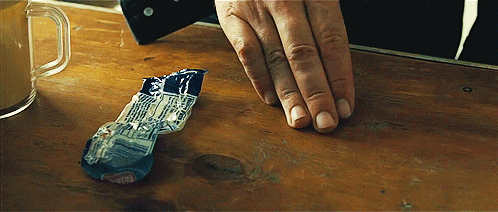The students I know in my class who are currently failing are those who lack a good science background from undergrad. Luckily, I took many science classes during undergrad and I am not studying nearly as much as some of my classmates yet I am doing better so far. I am sure this experience will change as medical school gets more difficult and we get into stuff that's not talked about in undergrad, but having exposure to those courses has helped me immensely in lecture and in my studies. You can be going through a lot of stress early on if you are new to the material when school starts. This has been my current experience and my background has helped me settle in easier than some..
Classes I highly suggest (some are required by med schools, but some are not yet I still highly suggest):
Anatomy - at least take general anatomy. This will help you in tackling the advanced questions you will get right away at the beginning of med school.
Embryology - one of the most complained about subjects at my school
Genetics - I would know general genetics before starting
EPIDEMIOLOGY - I took a weak stats class. Lots of these questions in medical school and on the boards. I highly suggest taking this if you can. This is probably the most difficult, and boring, class.
Physiology - I am sure this is required by medical schools - get an A in this class.
Nutrition - believe it or not, having a basic understanding of nutrition has helped me a lot!
Immunology - we have yet to tackle immunology in depth, but knowing a bit about immunology has helped in my other classes already. I would for sure take this course.
Histology in medical school is not that hard - just takes practice looking at slides and you'll get it eventually. In my opinion, biochem is useful but not SUPER beneficial. If you take the above classes, you'll be fine in biochem.
I am a first year medical student so maybe MS2's have a different feeling about this. I haven't gotten to their level of experience yet, but as of right now, you might thank me by having these classes under your belt before medical school starts!


